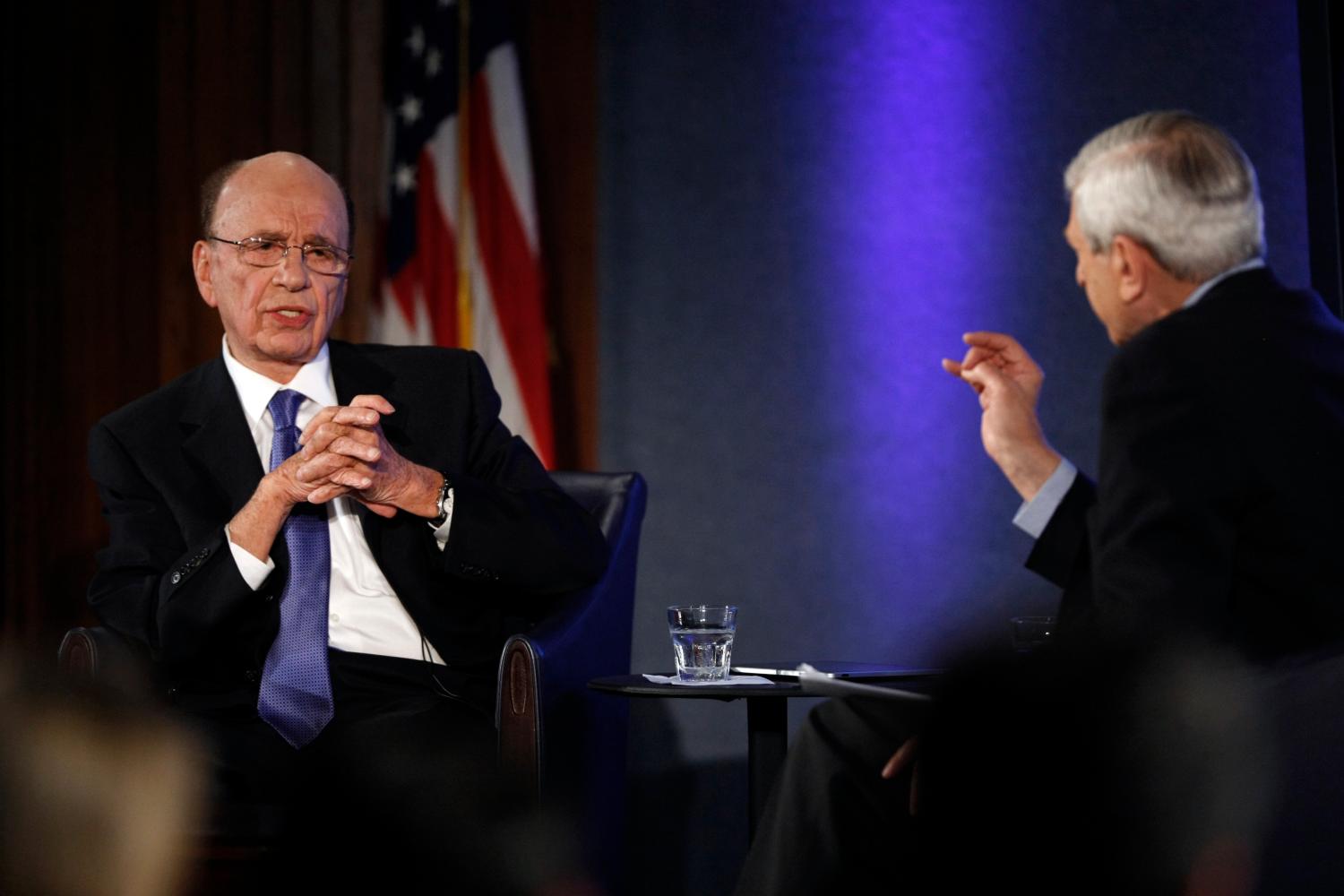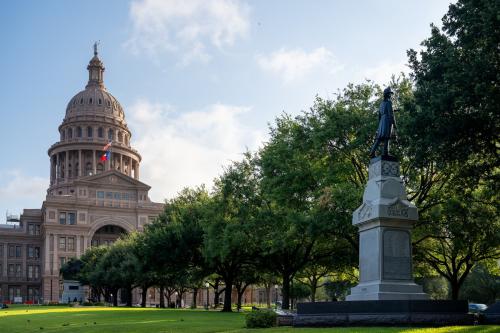Diplomacy is at its best when the tires barely touch the road—much less hit it—when all of the problems are resolved quietly, when none makes a headline. And then there are those times in diplomacy when the tires hit the road, loudly, and presidents must cope with the dangers of unavoidable flats. So it is now for President Obama, who has a crush of other problems, ranging from the daily demands of a reelection campaign to the uncertainties of the euro, but now, in addition, the president finds himself facing the extraordinary challenge of Chen Guangcheng, the blind Chinese activist who is under American diplomatic protection in Beijing.
What to do? The Russian leader Lenin often asked that question during his 1917 revolution; now it is Obama’s turn to ask the same question, and only one answer seems appropriate: grant the Chinese activist political asylum in the United States, no matter the diplomatic consequences—assuming, of course, that he accepts asylum. Chen has said in recent days that he wants to remain in China and live what he calls a “normal life.” Also complicating Obama’s decision-making is the timing of the Chen Guangcheng drama, coming as it does before the opening of a new and important round of strategic and economic negotiations aimed at easing tension between the two countries. Assistant Secretary of State Kurt Campbell slipped into Beijing over the weekend in an effort to resolve the Chen crisis before Secretary of State Hillary Clinton arrives later this week.
The Chen story is worthy of a blockbuster movie—a Chinese lawyer, who happens to be blind, rises in respectful opposition to Beijing’s policy of one child-per-family, naturally arouses the support of many Chinese, who are used to larger families, and runs into his government’s angry refusal to bend—and much more. Chen, who had already spent four years in prison, has been confined to his home for the past year and a half. Yet, despite being under heavy guard, Chen managed, with the help of sympathetic dissidents, to scale the walls of his home, get into a waiting car and drive three hours to Beijing and, once there, to some form of American diplomatic protection. Then the diplomatic problem and question: what to do?
Chinese authorities demand his return. American diplomats, from Obama to Clinton, have in the past requested Chen’s release first from prison and then from house arrest, consistent with America’s human rights policy. But if Chen is released, he will undoubtedly be imprisoned once again. The politically sensitive solution—that of political asylum in the United States—may be the preferred outcome for the United States but not necessarily for China and perhaps not even for Chen, who has said he does not want to leave his homeland. What to do, if the United States and China agree, as some sources predict, but Chen refuses to accept the compromise, wrapped in face-saving language?
Every now and then an issue such as this one arises and forces an American president to live up to his own policy. Ever since President Carter in the late 1970’s brought human rights to the forefront of American foreign policy, presidents have trumpeted the cause of human rights—that’s easy and sounds virtuous—but they have not often been obliged to superimpose action on rhetoric. Now it’s Obama’s moment to show that he really favors human rights, even when adherence to human rights severely complicates a delicate negotiation. We’ll know very soon.
The Brookings Institution is committed to quality, independence, and impact.
We are supported by a diverse array of funders. In line with our values and policies, each Brookings publication represents the sole views of its author(s).




Commentary
How to Handle Chen Guangcheng
April 30, 2012